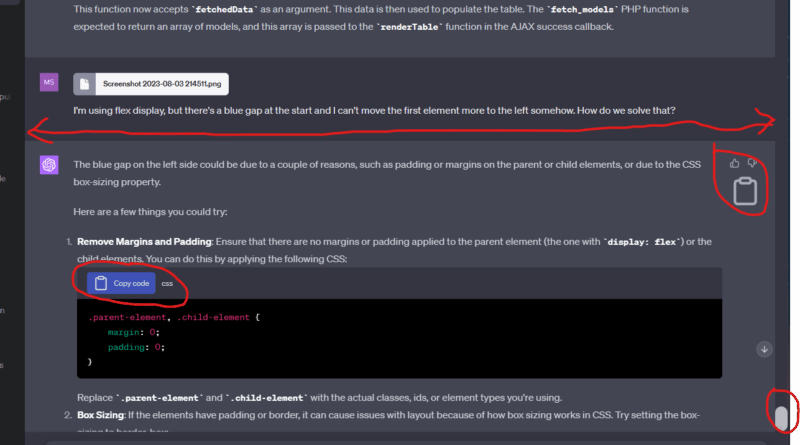OpenAI’s Fresh Safety Check Incites Debate Among Users
OpenAI has landed itself into yet another debate related to the alteration of AI models within ChatGPT. This controversy is noticeably riling up the platform’s paid user base, as they are being redirected from their chosen models when the discourse steers towards topics that are legally or emotion-laden. To put it simply, there is a fresh safety check introduced in ChatGPT this month designed to switch users over to a different, more restrained AI model, whenever the chatbot determines a need for a bit more discretion in its responses.
Unsurprisingly, the introduction of this safety check has left many users irked, especially since they want to continue using their chosen models like GPT-4o, GPT-5, and others. Of considerable note is the fact that these are predominantly paying users. As it stands, there seems to be no way for the users to disable this feature, and the model switching isn’t overtly noticeable either.
In the words of one user, ‘Adults deserve to choose the model that fits their workflow, context, and risk tolerance’. The user sentiments seem to echo a common theme of silent interferences, undisclosed safety detours, and a model picker that has now been reduced to mere user-interface window dressing.
In response to the rising tide of user frustration, OpenAI has offered some clarification on the purpose of the new system. According to them, it is designed to handle ‘sensitive and emotional topics’, and operates on a per-message basis, with temporary effect only. The introduction of this system comes as a part of a broader effort by OpenAI to improve ChatGPT’s response to signs of emotional stress or mental distress.
However, the transition to these new guidelines seems to be a hard pill to swallow for many users. OpenAI, on the other hand, views this as their duty to provide additional support to users who might be vulnerable, thus necessitating added assistance from the AI chatbot. This consideration is especially applicable to the younger demographic that engage with ChatGPT.
However, on social platforms, particularly Reddit, many users vent their dissatisfaction, with comparisons being made to the feeling of being compelled to watch television with child safety features activated, in the absence of any children. This analogy effectively illustrates their sentiment towards this change, which they perceive as an overreach into their user privacy and autonomy.
Realistically, this growing controversy surrounding OpenAI’s policy change and the dissatisfaction of its users is unlikely to fizzle out anytime soon. As the twain of technological advancement and user-privacy concerns are once again bound to collide, we can anticipate to hear more about this issue in the upcoming days.

